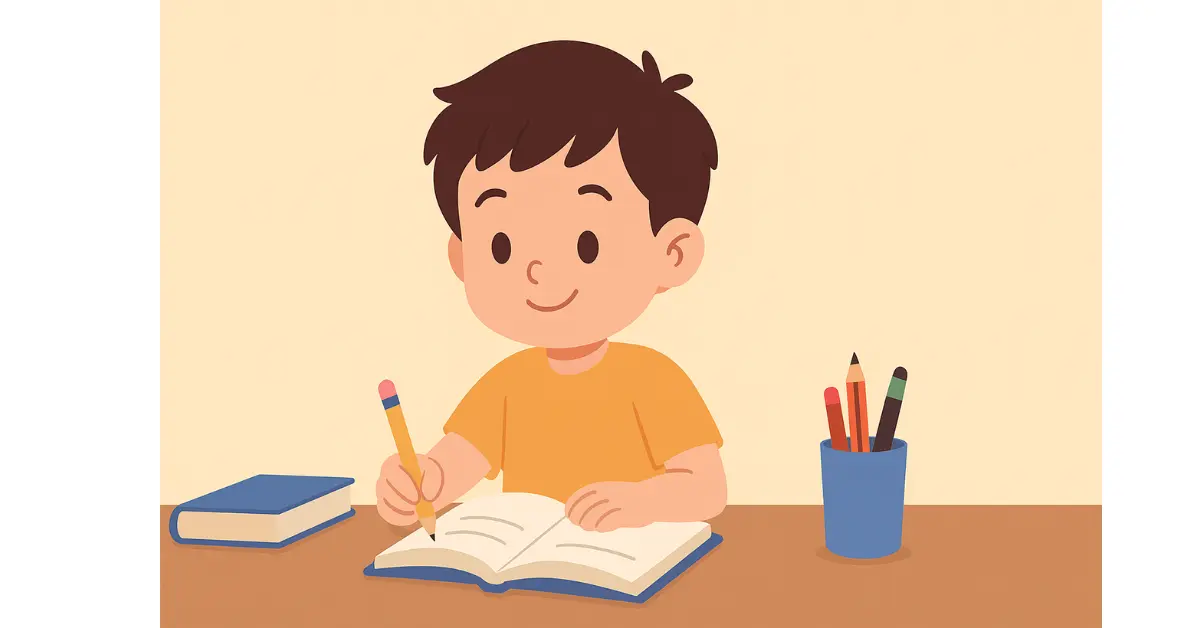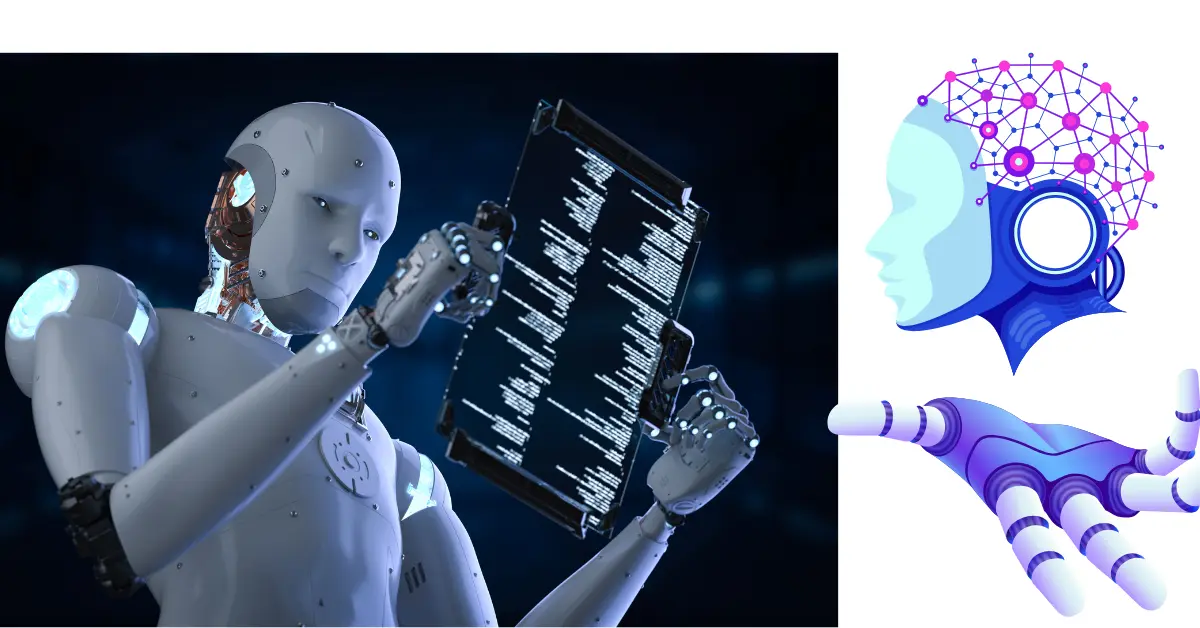Artificial Intelligence, or AI, is becoming a big part of our lives. From voice assistants like Alexa to apps that suggest what to watch or study, AI is everywhere. In education, AI is slowly changing how students learn and how teachers teach. It’s creating new opportunities for better, smarter, and more personalized learning.
Also Read: What Should We Teach Our Children to Prepare for Future
1. Personal Learning for Every Student
Every student learns in a different way. Some like to read, some like to watch, and some learn best by doing. AI-based learning tools can understand a student’s speed, interest, and level of understanding. They then suggest lessons, videos, or exercises that match their needs. This helps students learn at their own pace and build confidence.
2. Learning Anytime, Anywhere
With AI, learning no longer stops when school ends. Students can use AI-powered apps or chatbots that explain lessons, solve questions, or give extra practice — anytime they want. This makes learning more flexible and helps students who may not always have access to teachers.
3. Helping Teachers Teach Better
AI is not replacing teachers; it’s supporting them. Tools like automatic grading, attendance tracking, and lesson suggestions save time for teachers. With these tools, they can focus more on teaching and interacting with students instead of doing paperwork.

4. Making Education More Inclusive
AI can help students with disabilities or language barriers. For example, speech-to-text tools help children who cannot write easily, and translation tools help those learning in a new language. This makes education more inclusive and fair for everyone.
5. Career Guidance and Future Skills
AI can also guide students toward the right careers. By studying their strengths, weaknesses, and interests, AI systems can suggest suitable career options. It can also help them learn skills that will be useful in future jobs, like coding, data analysis, or creative thinking.
6. Challenges We Must Be Aware Of
While AI offers many benefits, it also brings some challenges. Too much screen time, privacy issues, and overdependence on machines are real concerns. Students must learn to use technology wisely and never lose human touch, creativity, or ethics.
Also Read: What Should We Teach Our Children to Prepare for Future
Conclusion
AI will play a big role in shaping how students learn and work in the future. When used properly, it can make learning smarter, faster, and more personal. But it’s important to remember that technology should assist humans, not replace them. A balance between human guidance and AI support will help students prepare for a bright, smart, and meaningful future.
For more Click Here.

1 thought on “The Role of Artificial Intelligence in Shaping Students’ Future”